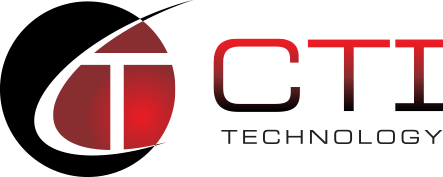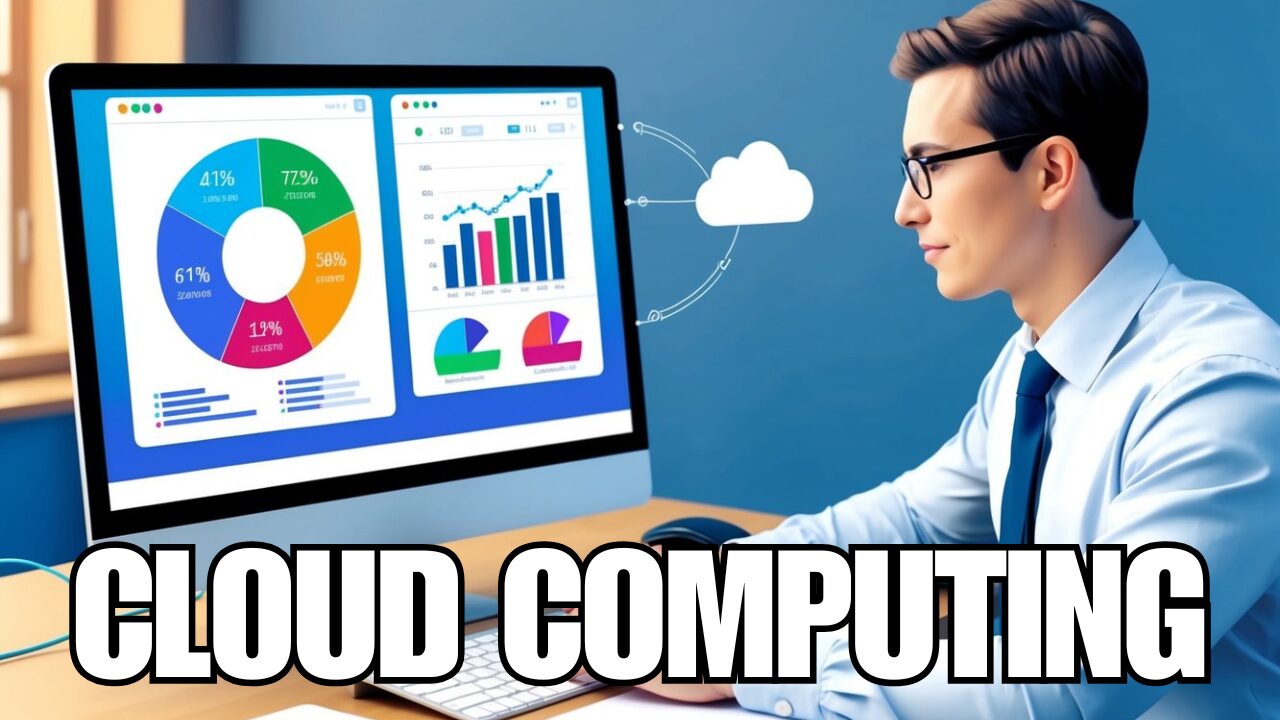Gone are the days when clinical establishments stored, managed, and retrieved patient data from bulky file folders. The widespread migration from document-based data handling to electronic health records (EHR) is among the remarkable healthcare reforms.
Healthcare providers have adopted EHR software at an advancing rate. The Centers for Medicare and Medicaid Services (CMMS) stated that up to 73% of eligible US health providers have signed up for the incentive programs, covering more than 388,000 practices.
But while these initial implementation cases have succeeded, initial usage may sometimes present some hurdles. Having the right mentality, adequate resources and time, and gaining full cooperation at all levels of your practice can be puzzling.
This comprehensive guide highlights the common challenges of EHR adoption, the practical solutions to these issues, and how you can adequately protect your healthcare information.
Common Challenges of EHR Implementation
Implementing an advanced EHR system comes with expected hurdles. Medical practitioners have to push through the following challenges of EHR adoption:
The People
EHR systems are now a must-have for practices, but not all staff or stakeholders will be on board with the migration idea. Along the way, providers and patients may reject the concept or quickly give up due to the initial challenges. So before fully adopting EHR solutions to your practice, prepare to face this barrier and prepare yourself to address different opinions.
Costs
Health information tech advances like EHR systems can be costly to implement and use. Finding the resources and finances to handle the physical infrastructure, support, and training is no easy feat for smaller practices. So before you decide to implement, prepare the required financial resources in advance.
Interrupted Workflows
One of the primary goals of implementing EHR systems is to facilitate a steady workflow. Unfortunately, the new solutions can mess up your entire workflow if it’s not tailored to align with the purpose of your practice. You can avoid the issue by customizing the process to fit its purpose and get sufficient demonstration from your vendor on how the infrastructure implementation should be handled.
Limited Technical Capabilities
Your devices’ ability to send and retrieve data is determined by factors like age and the area in which your practice is situated. If you’re in a rural setting, connecting your system to the internet can be relatively difficult than in an urban center. Furthermore, limited tech resources and legacy devices and networks can make it harder to implement Electronic Health Records.
Privacy Concerns
Some patients and healthcare practitioners may be concerned about the privacy of medical data when leveraging EHR systems. Common anxieties include lost data as a result of a cyberattack or natural disaster. You can address the concerns by asking the right questions regarding the privacy level offered by the new system before implementing it.
Training Challenges
An important element of EHR implementation is employee training to keep them informed of all aspects of the enhanced workflow process. Unfortunately, you’ll need extra time, resources, and effort which most practices that are still growing may fail to afford. Before adoption, ascertain the level of training a system requires then go for one that you’re certain to complete.
Guidelines for Effective EHR Implementation and Use
As EHR adoption rates increase annually, health information technology administrators and experts have developed strategic answers to the common implementation challenges. Practices vary. So there’s no standard procedure to get it right. Fortunately, these best practices will help you adopt the system safely and adequately protect healthcare data.
Craft a Strategic Plan
Before everything else, you must have a strategic plan detailing the activities ahead. Assign responsibilities and duties to teams, create room for cooperation and mutual support, and identify the program champions. Also, prepare your team with practical contingency plans.
All these may affect productivity and staff morale during the initial stages. But always remember that a successful transition to EHR systems requires adequate preparation, and the learning curve will begin changing soon.
Consider Consultants as Your Practice Partners
Successful EHR implementation and use is a collaborative process that calls for commitment from staff, IT vendors, physicians, providers, and consultants. Sharing the process’ larger vision can help make it a common objective for stakeholders to focus on. It facilitates timely completion, accurate budgeting, and correct use.
Strong Leadership is Key
Aligning the entire team to the EHR implementation strategy requires proactive leadership that calls for a management change. Establish a sub-committee of the organization’s leaders experienced in selecting and implementing advanced systems in different ICT environments. Their knowledge will aptly guide the team and stakeholders.
The Patients Come First
When making crucial EHR implementation decisions, consider the differing ways in which it will benefit your patents, and why it was installed in the first place. Value-focused healthcare systems gives the different patient needs the utmost consideration. After all, the biggest chunk of data you handle belongs to them.
Work with a Timeline
Meeting deadlines and regular productivity levels during the initial stages of EHR implementation is not a simple task. For an easier process, ensure your timeline slips are at their lowest possible level by establishing a realistic plan. Make your team understand the significant impact of any slight delay to the implementation.
Train Your Staff
The key motivation behind your new project is to improve efficiency and streamline processes. Your organization’s overall goals will be unattainable if members continue using legacy methods or fail to use the new system effectively. To avoid this, you need a comprehensive training plan that keeps them informed and encouraged through milestone recognition and additional payments for extra work.
Get Expert Help
If you wish to implement your EHR system successfully, and use it effectively, seek the guidance of experienced experts who deeply understand your facility’s workflow and have in-depth knowledge of the EHR system. Partnering with an experienced agency like CTI Technology presents numerous opportunities to learn from industry leaders with a success track record in efficient EHR deployment.
If expert help is what you need right now, then you’re in safe hands. As your trusted managed IT provider, CTI Technology understands how vital it is to protect your patients’ data privacy, security, and credibility.
We’ll guide you through HIPAA certification and compliance and create robust protection for your networks and systems to ensure proper care. Our PHI-trained specialists hold years of experience and leverage top-shelf security solutions to secure patient data from the moment it enters your systems.
Get in touch today, and we’ll begin working on your system.
Why Is CTI Technology The Best Choice For IT Services In The Chicagoland Region?






















